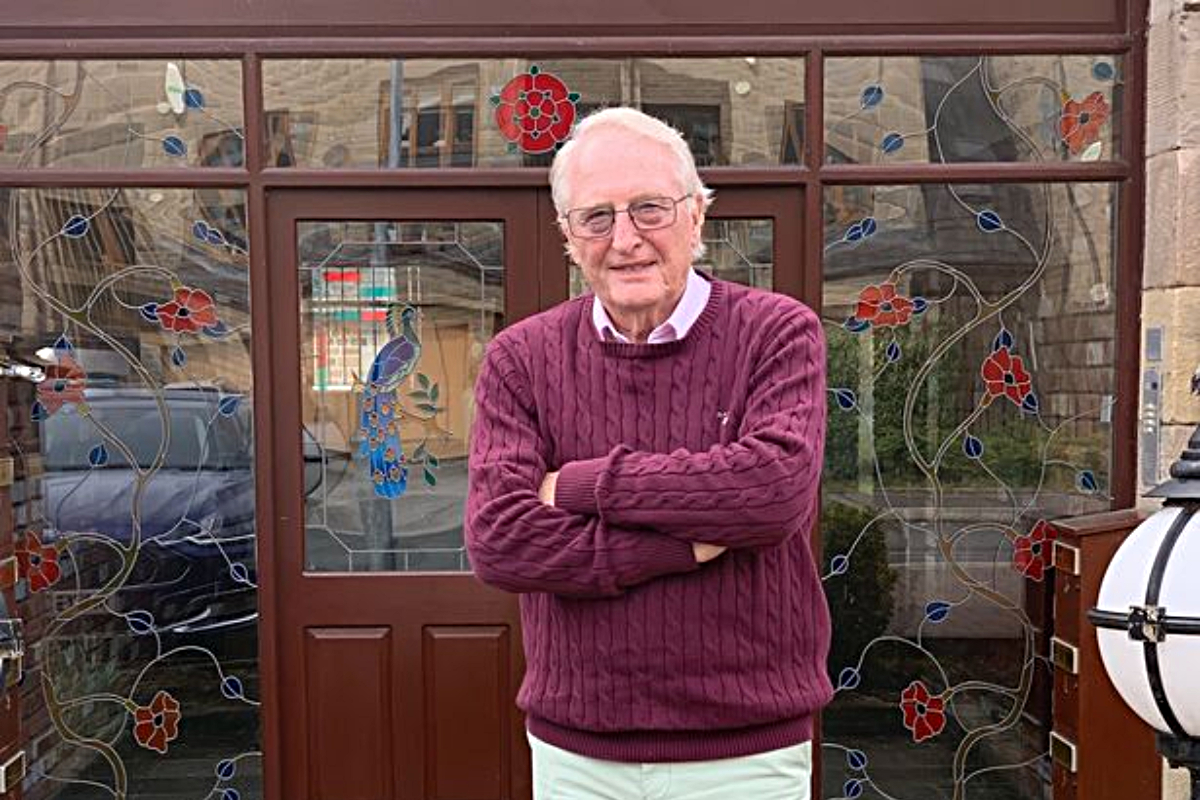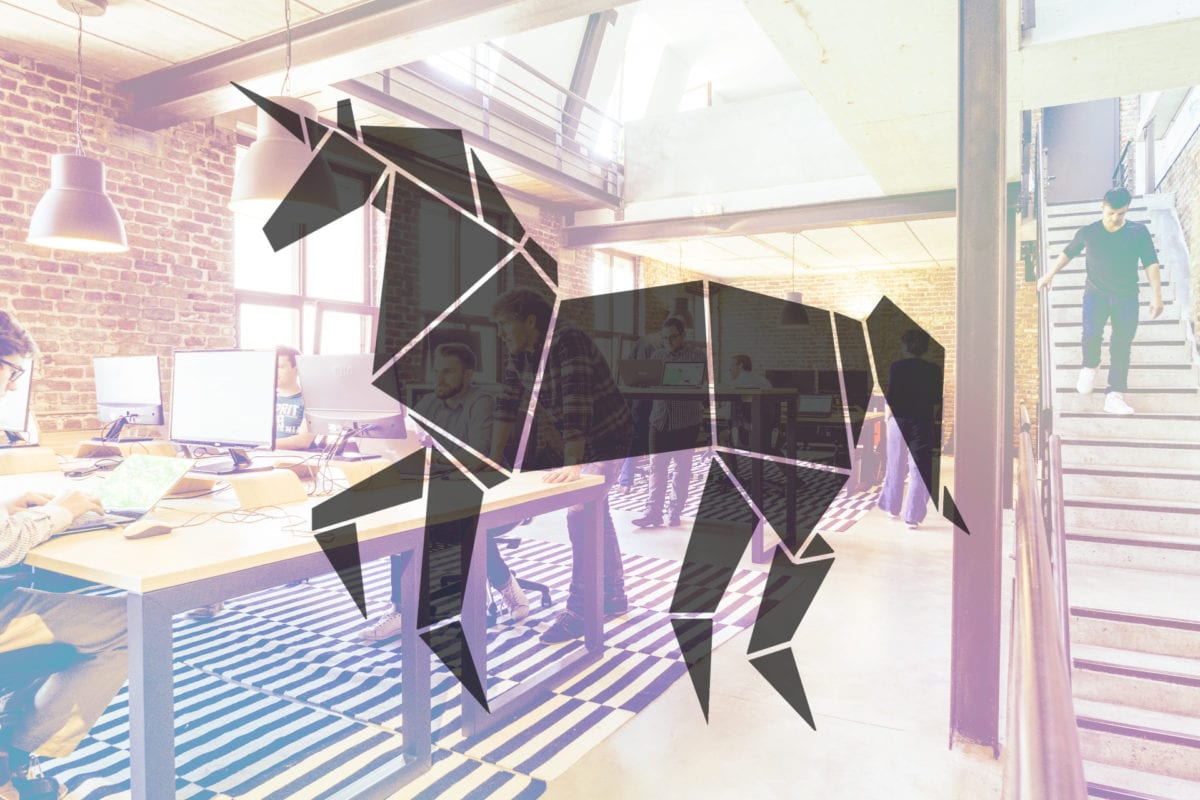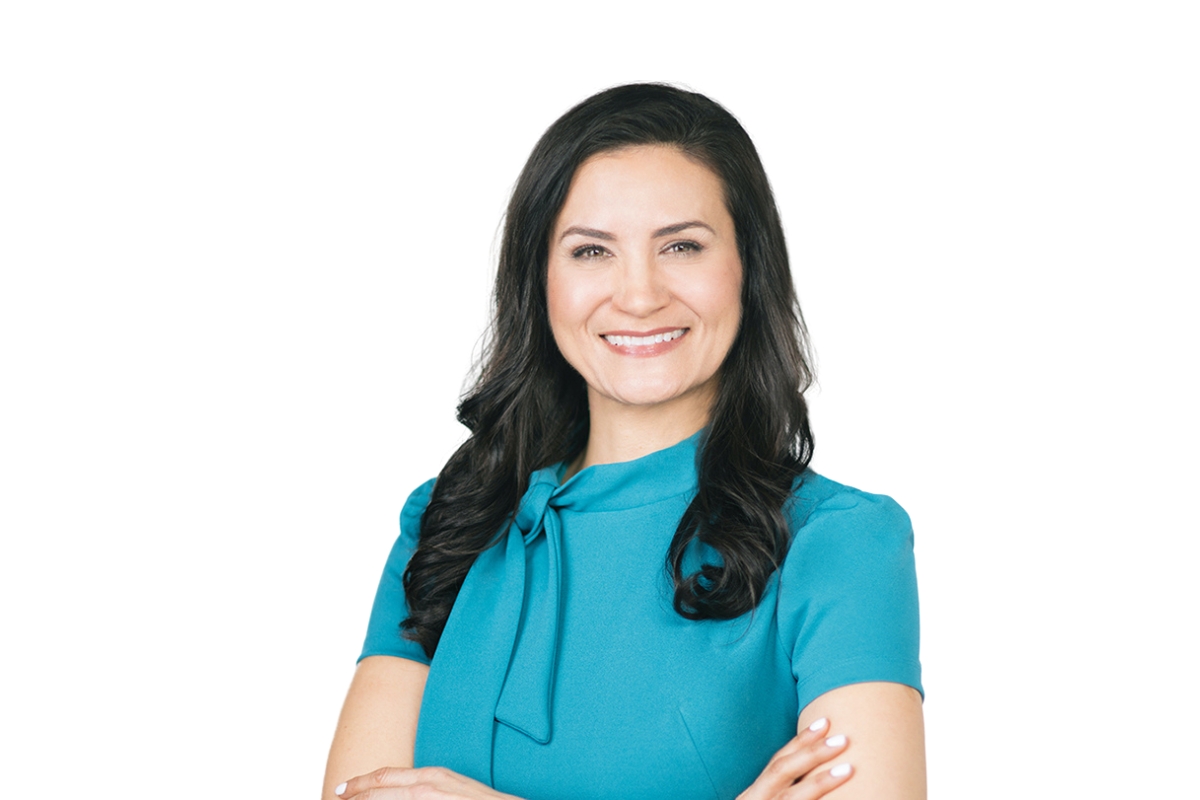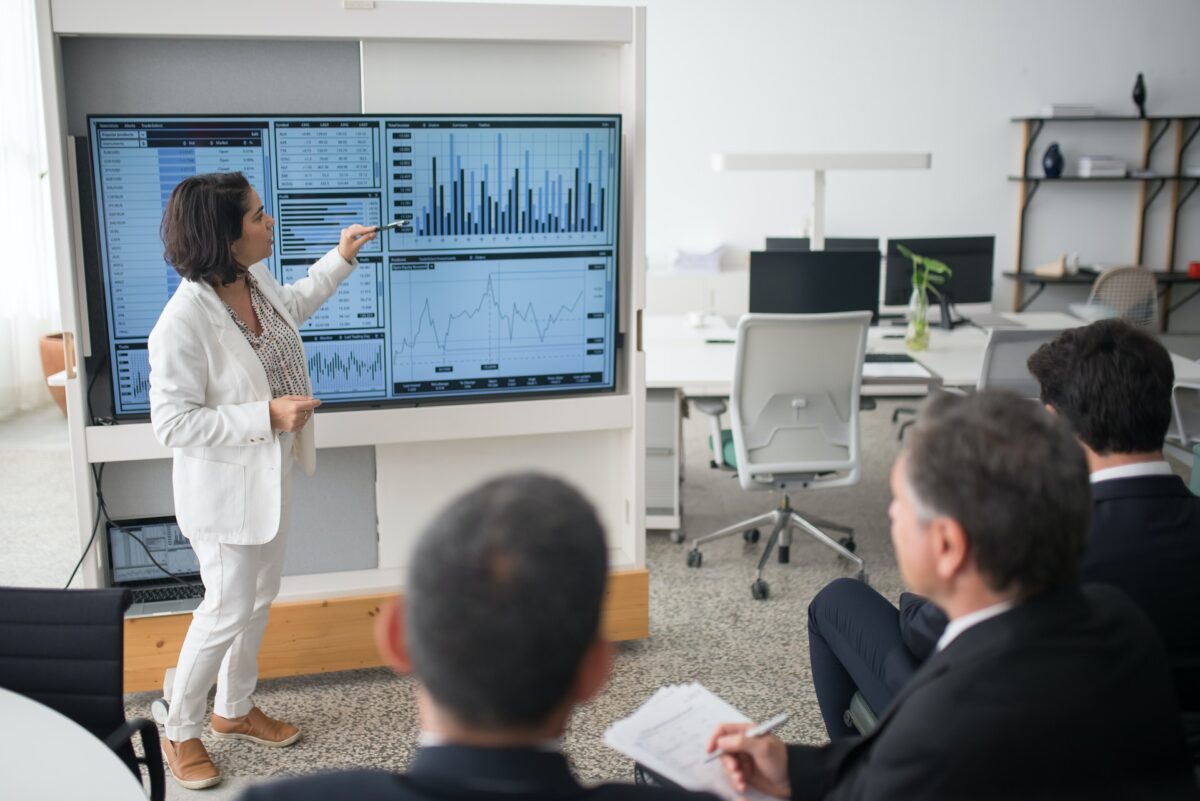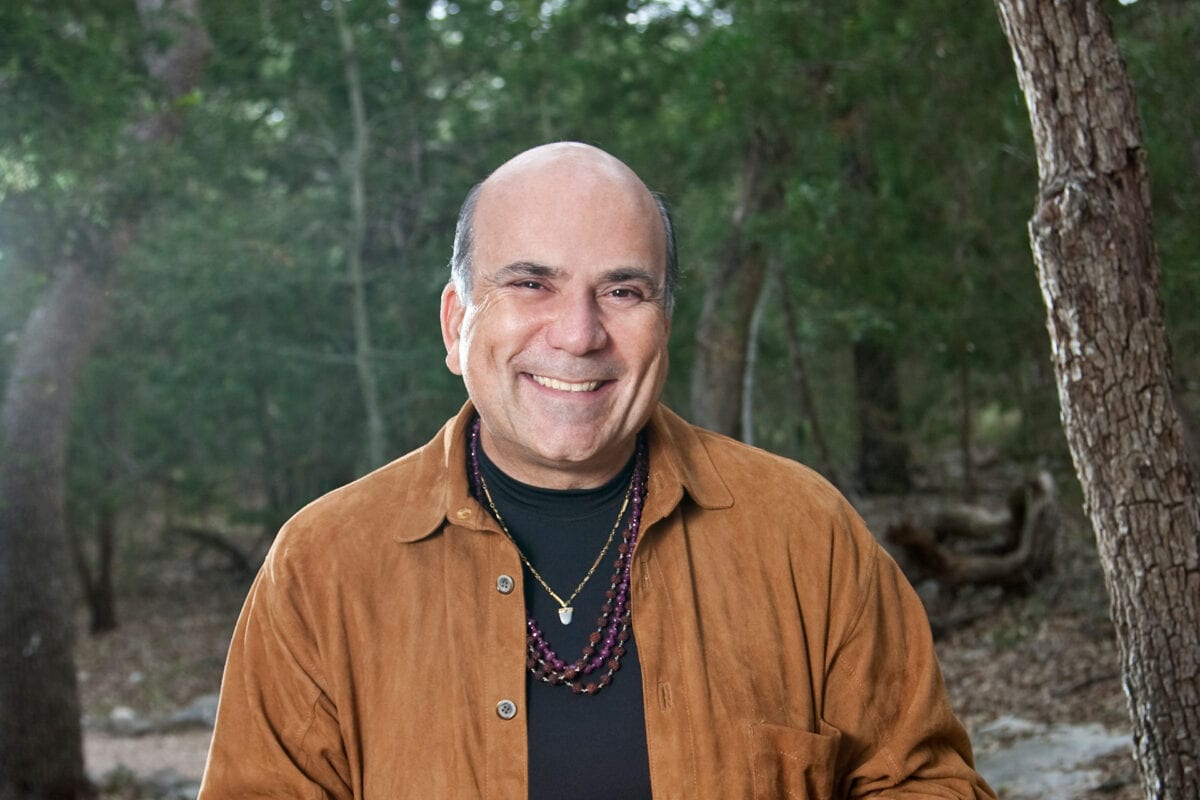Photo courtesy of Simon and Schuster.
Dating back to the late 19th century, the Foster family was known for hand-made running shoes, supplying world athletes like Harold Abrahams and Erica Liddell. In later years, Joe Foster and his brother Jeff decided to take the family business in a new direction, reaching a global market and competing with big players like Nike and Adidas. Fast forward to the 1980s, and Reebok became a global phenomenon with Hollywood stars like Jane Fonda seen wearing the brand.
Foster’s recently published book, Shoemaker, tells a powerful story of victory against all odds, revealing the hurdles of developing a world-renowned brand and building an empire from the ground up. Joe’s tell-all guides young entrepreneurs looking to grow a small business into something sensational. Foster joined The Edge for an exclusive discussion into his entrepreneurial journey of establishing a presence in the global market.
Is there one thing that you wish you could do now that you couldn’t do when you first started Reebok?
I think it’s almost like having regrets. There’s no point with regrets; it’s a waste of time. Unfortunately, I lost my brother just as we got to America. He died when we got our distribution, and he never saw the real expansion and where we went. And you think, how can you change that? There’s nothing I could change, but if I were starting a business now, I would look to what we have here, which is technology. The technology has changed, and it would have been wonderful to possibly be able to spend more time talking to my distributors by video instead of having to jump on an airplane. So maybe if we’d had this sort of technology earlier, it may have been a different life. When you are making the journey, there are many opportunities to take a different route.
I had Kmart who was a massive retailer in America, and they wanted to buy 25,000 pairs. Paul Fireman [the former Chairman and CEO of Reebok] also came along, and he was a small outdoor wholesaler. I could’ve gone with Kmart, but maybe those 25,000 pairs would have been the first and the last order. With Paul Fireman, I was more thinking about the person. Throughout, it’s all to do with people; not all the people you connect with are good, but if you have a good handful of good people, it makes a big difference. If you read the book, you’ll find out how one or two really helpful people keep you moving along.
I can’t say that I could change anything that would significantly be possible. The things I would like to change are impossible, and that was the death of Jeff and my daughter. But, you know, that is life. That is the experience. So, changing things, no.
How would you say you have managed your family and work-life balance?
When you have a business like Reebok, unfortunately, it does become your family, and it is in itself a family. My wife didn’t travel with me until later, but if you read the book, you’ll find that it didn’t work out quite as well as it should have. It’s difficult because when the business has taken you places, it demands you to be in certain places. You can’t say, “I’m not going, I’m not doing that anymore.” Unfortunately, nobody waits for you. If the business demands it, you must do it, which can cost a lot as far as your family is concerned.
I was travelling an awful lot, going around the world about three times every year. Later I married Julie, and now we travel together. Julie comes with me to share those experiences because some of the experiences are fantastic. Like when I was invited into the palace in Monte Carlo, Monaco, to share a glass of champagne with Prince Rainier. The best thing is if you’re travelling together and you can share the moments, it’s a much richer experience. And that doesn’t mean I didn’t enjoy all the time I was with Rebook. There’s sometimes you don’t enjoy, but the journey was fantastic.
What was the best piece of advice you were ever given?
I think the best advice I was given was you will always find problems, so be prepared. And if you can be prepared, you will answer the problems because the problems should be there. You’re an entrepreneur, therefore, you’ve got to get around the problems. If you’re not an entrepreneur, you don’t bother. The entrepreneur finds a way around the problem. So, the best advice you can have is don’t listen to too much advice. Don’t take advice as absolute. Just take it as something you’ve got to listen to, but you’ve got to find your own way. And that, to me, was the best advice I received […] Don’t listen too much to other people. You’ve got to believe in yourself.
Throughout your career, would you say certain things were more difficult to do?
I don’t know that you could just pick up one thing and say that it was difficult. You go through growing your business, and it’s not as though you can lay out a path—it doesn’t work like that. I spent 11 years going to America to the national sporting goods show to exhibit my product and trying to get distribution. I tried six times and failed at whatever we did. I was trying to push my product into the country, and the best way to do this is to get the country to want your product. In America, they call it the hook.
Running was becoming something big in the United States, and Nike grew with that market, Adidas, Saucony, you name it. Runner’s World was where they grew the running business, and started to do star ratings, rating shoes. And if we could get a five-star shoe in Runner’s World, that would be the hook. We did get that in 1979, and Aztec was our five-star shoe. When we started in 1958, Bob Anderson hadn’t invented Runner’s World. So, we couldn’t say, “Well, when we go to America, we’ll make a shoe for Runner’s World.” No, these things change and develop. As we developed as a company, we had to see the opportunities, and the opportunity was Runner’s World [that] got us into America.
The Edge Staff

